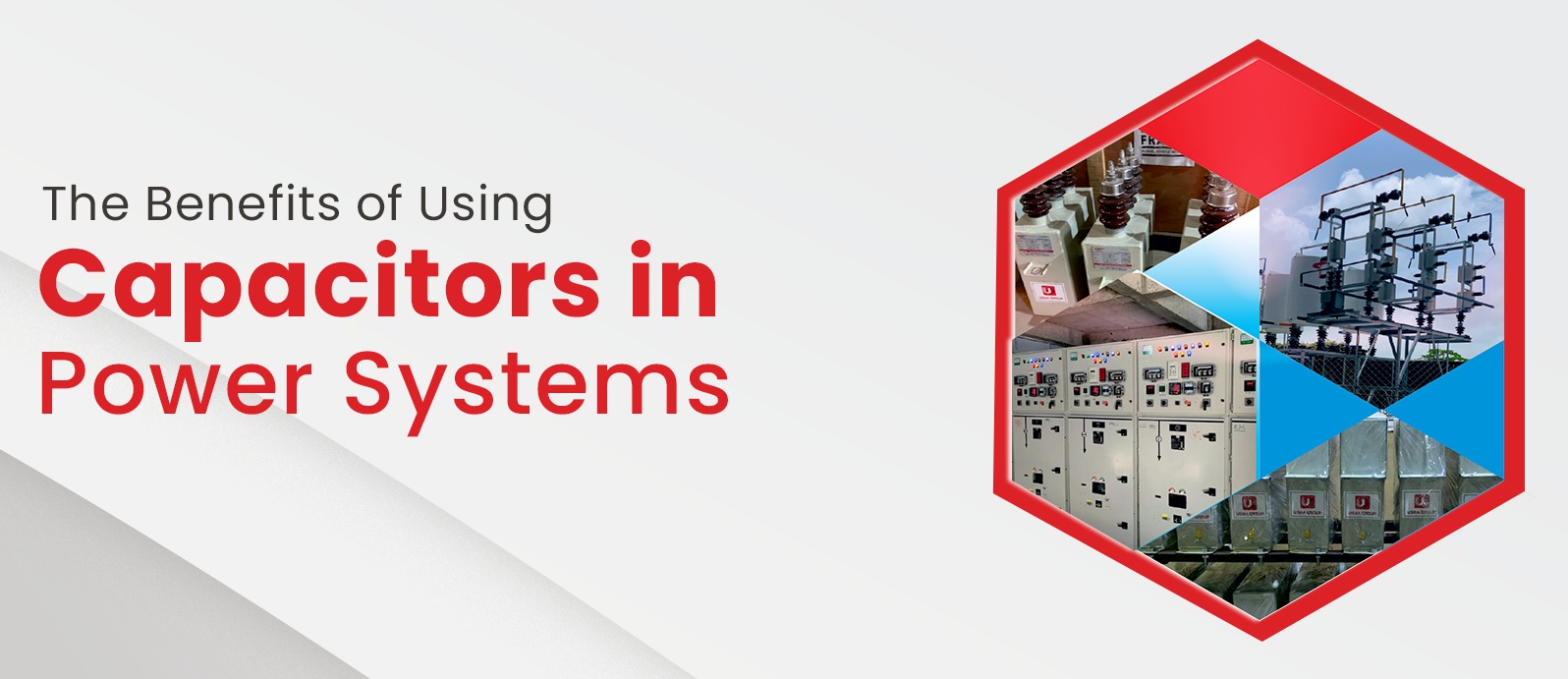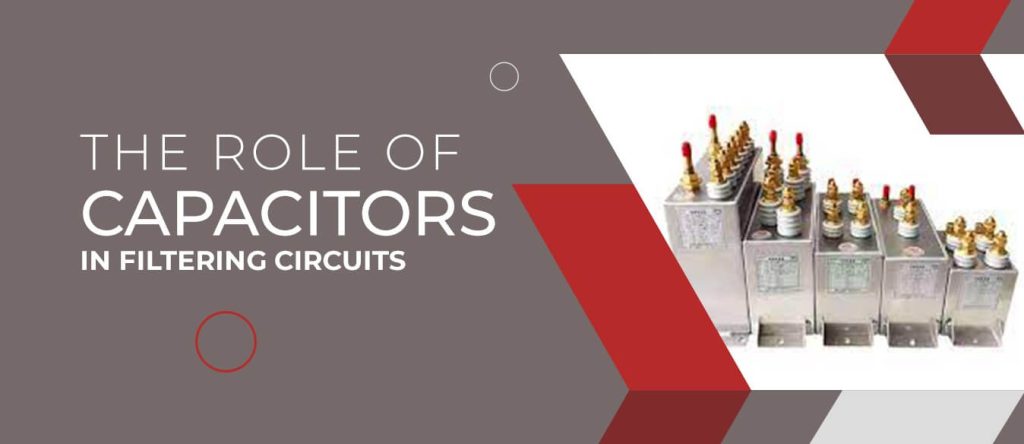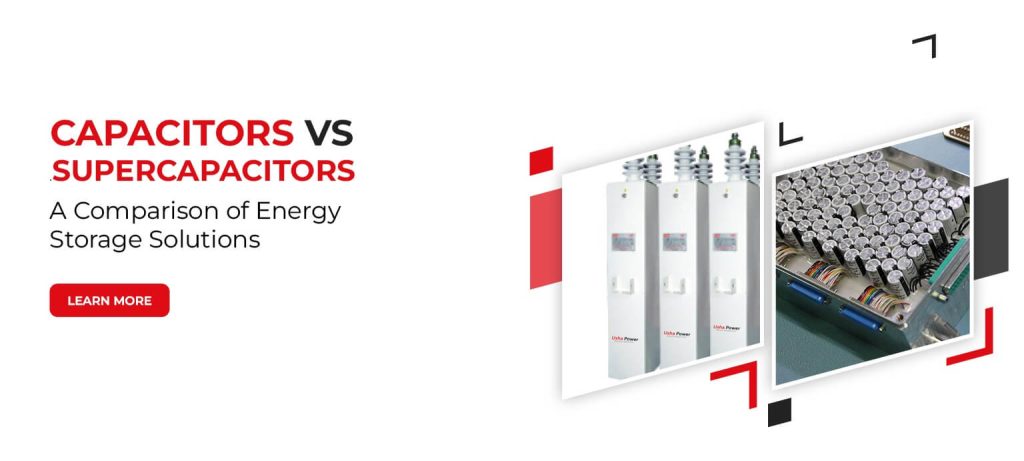Capacitors are passive electronic components that store electrical charge and energy. They are widely used in various applications, such as power supplies, signal processing, and filtering. But what are the benefits of using capacitors in power systems? In this blog post, we will explore some of the advantages of using capacitors in power systems and how they can improve the performance and efficiency of electrical circuits.
What is Power System?
A power system is a network of electrical devices and components that generate, transmit, distribute, and consume electricity. A power system consists of three main elements: generators, transformers, transmission lines, distribution lines, loads, and consumers. The main functions of a power system are to provide reliable and stable supply of electricity to the users.
What is Capacitor?
A capacitor is a device that consists of two conductive plates separated by an insulating material called the dielectric. When a voltage is applied across the plates of a capacitor, the plate that is connected to the positive terminal becomes positively charged and the plate connected to the negative terminal becomes negatively charged. This creates an electric field within the capacitor that can store energy.
What are Capacitors Used for in Power Systems?
Capacitors are used for various purposes in power systems, such as:
Power Factor Correction: Power factor is a measure of how efficiently an electrical circuit uses the supplied power. A low power factor means that more current is needed to deliver the same amount of power, which results in higher losses and lower efficiency. Capacitors can be used to improve the power factor by providing reactive power to cancel out the reactive current caused by inductive loads (such as motors) or capacitive loads (such as fluorescent lamps). This reduces the current drawn from the source and increases the voltage available for other loads.
Voltage Regulation: Voltage regulation is a measure of how well an electrical circuit maintains a constant output voltage regardless of variations in input voltage or load changes. A poor voltage regulation means that there may be fluctuations or dips in output voltage that can affect the performance or safety of electrical devices. Capacitors can be used to regulate voltage by providing short-term storage or smoothing out voltage fluctuations caused by transient events (such as lightning strikes) or steady-state events (such as load changes).
Frequency Stabilization: Frequency stabilization is a measure of how well an electrical circuit maintains a constant output frequency regardless of variations in input frequency or load changes. A poor frequency stabilization means that there may be deviations or oscillations in output frequency that can affect the synchronization or operation of electrical devices. Capacitors can be used to stabilize frequency by providing short-term storage or smoothing out frequency fluctuations caused by transient events (such as lightning strikes) or steady-state events (such as load changes).
Noise Filtering: Noise filtering is a process of removing unwanted signals or noise from an electrical signal that can degrade its quality or interfere with its transmission or reception. Noise filtering can be achieved by using capacitors to block high-frequency noise signals while allowing low-frequency signal components to pass through.
How do Capacitors Benefit Power Systems?
By using capacitors for these purposes, capacitors can benefit power systems in several ways, such as:
Reducing losses: Capacitors have low resistance compared to other components when they are fully charged. This means that they consume less current than other components when they deliver equal amount of charge at higher voltages. This reduces losses due to Joule heating and improves efficiency.
Reducing costs: Capacitors have long service life when they are properly maintained and operated under optimal conditions. This means that they require less replacement than other components over time. This reduces costs associated with maintenance and replacement.
Increasing reliability: Capacitors have high capacitance values compared to other components when they are fully charged. This means that they can store more charge than other components at lower voltages without exceeding their limits. This increases reliability by providing backup power sources during failures or emergencies.
Improving quality: Capacitors have high selectivity compared to other components when they are matched with their specifications and ratings. This means that they can filter out unwanted signals while allowing desired signals to pass through without distortion or interference. This improves quality by enhancing signal transmission and reception.
Conclusion
Capacitors are essential components in many applications, especially in power systems where they provide various benefits such as reducing losses, reducing costs, increasing reliability, and improving quality. By understanding how capacitors work and what they do for power systems, we can make better use of them and optimize their performance.
If you are looking for a leading energy management solutions provider that offers capacitor power solutions, power factor correction, harmonic filtering, voltage regulation, and more, then get in touch with Usha Power, a trusted and experienced company in the field. Usha Power has a range of products and services to meet your needs and expectations.




